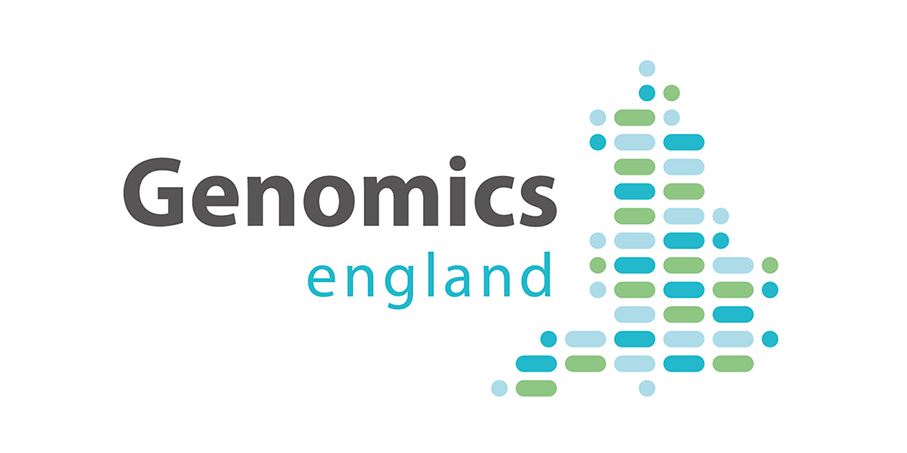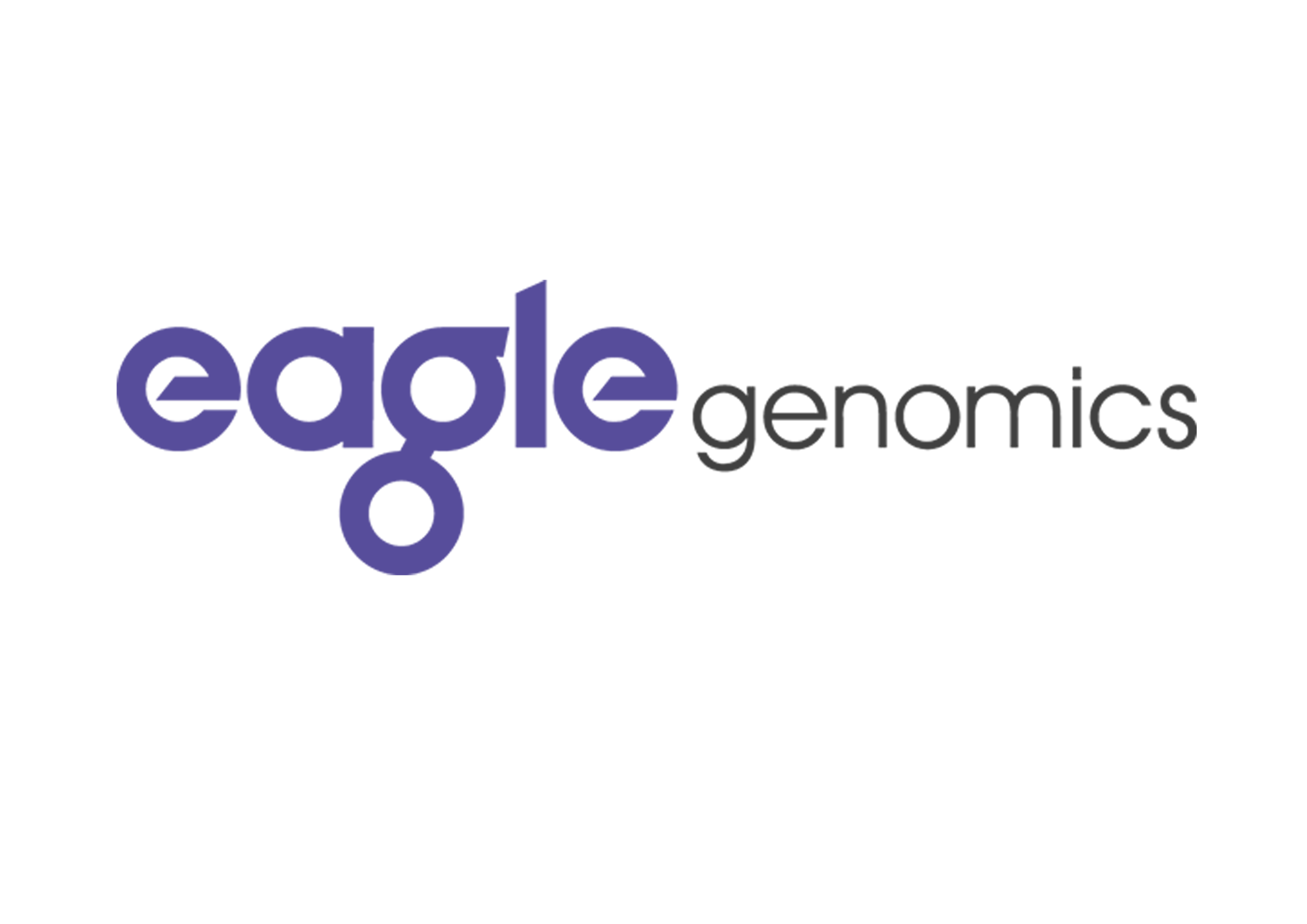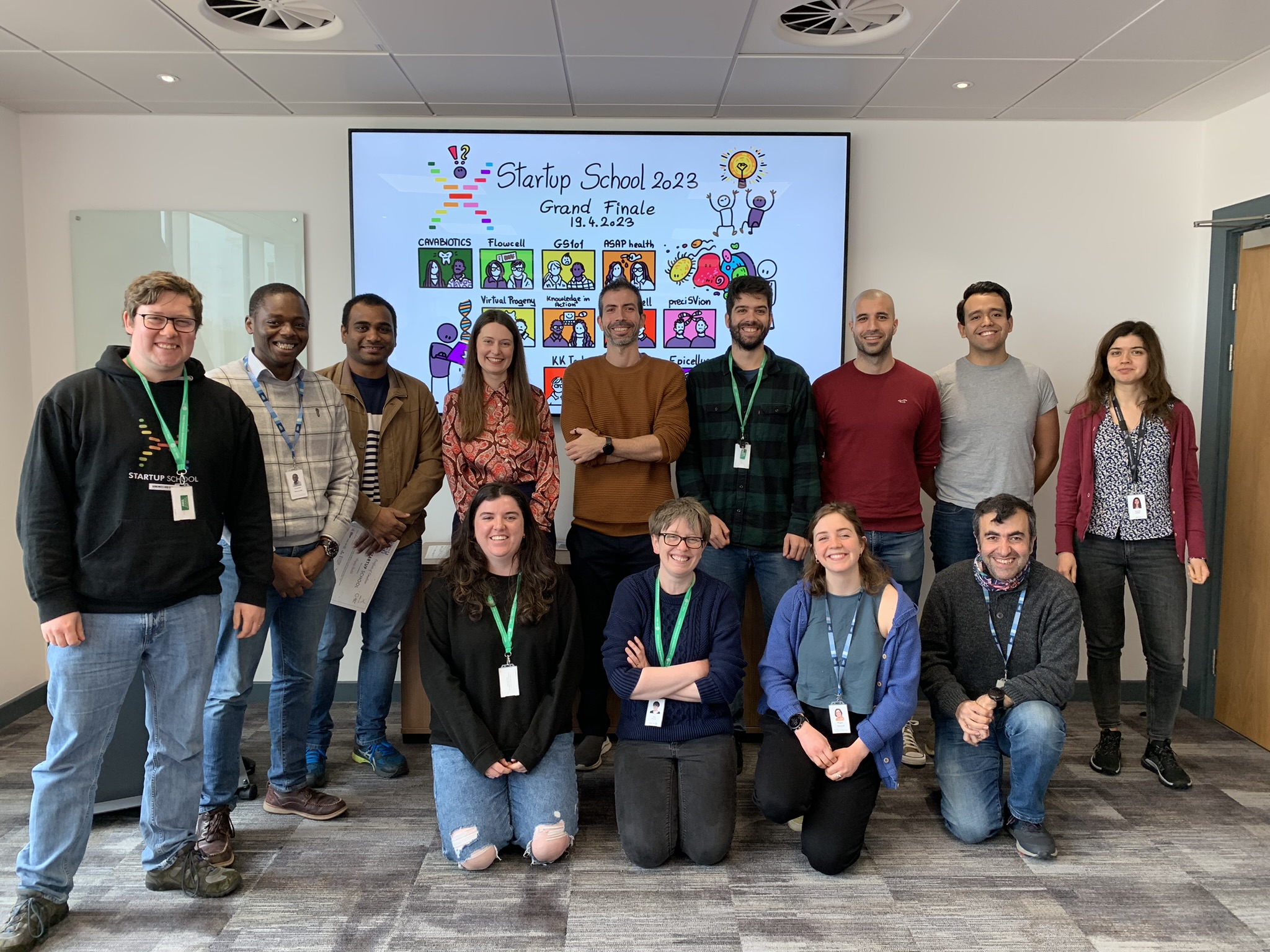Genomics England sets up at BioData Innovation Centre

Wholly owned by the Department of Health, Genomics England was set up to deliver the 100,000 Genomes Project. Their secondary location in the Biodata Innovation Centre brings them closer to the heart of the project’s sequencing operations, enabling it to pave the way for personalised medicine in the NHS.
Genomics England was founded in 2013 to sequence 100,000 whole genomes from NHS patients with rare disease and their families, as well as common cancers. There is also an infectious diseases section which is being run by Public Health England.
For rare disease patients, Genomics England aims to provide genomic diagnoses for the first time. For patients with cancer, there is the potential for more personalised treatments and in time, the project will lead to development of new or more effective diagnostics and treatments.
Dr Damian Smedley, Director of Genome Interpretation said: “By the end of the project, we will have put all the infrastructure, training and systems in place to enable the NHS to offer genomic medicine to those who need it. This is currently the largest project of its kind in the world and it puts the UK forefront of transforming healthcare through genomics.”
Genomics England is working with NHS England, Health Education England and Public Health England to deliver the project. There are thirteen NHS Genomic Medicine Centres (GMCs) across England to recruit patients, take the samples and provide medical information to the project. Initiatives in Scotland, Northern Ireland and Wales are also being set up.
One of Genomics England’s key aims is to kick-start a UK genomics industry. As a result, it is engaging with 13 pharmaceutical and biotech companies in a pre-competitive consortium to help ensure that knowledge from the project is turned into new medicines and diagnostics for patients.
Genomics England is also delighted to work with a wide range of platform and clinical interpretation partners, including Congenica, Omicia, WuXi NextCODE, Genomics PLC and Illumina, the latter also delivering its sequencing.
Another aim of the 100,000 Genomes Project is to enable new medical insights and scientific discoveries. To aid this, Genomics England has assembled over 2,000 researchers in its Clinical Interpretation Partnership. In specific research groups, they will harness the genomic and medical dataset to drive forward research in rare disease, cancers and cross-cutting areas like health economics and machine learning.
In the past year, Genomics England has sequenced over 15,000 whole genomes, delivered its first diagnoses to families affected by rare disease and launched PanelApp, a crowdsourced repository for rare disease gene panels that currently has over 400 people registered globally.
Genomics England has also delivered rare disease reports at scale to the NHS, along with its first cancer analysis reports, and launched a year-long series of public and patient engagement activities: ‘the Genomics Conversation’. The project currently features in the Science Museum’s Our Lives in Data exhibition in London.
Currently, the team are working on developing the protocols, standards and data infrastructure to ensure frontline clinicians can make the most of the knowledge that genomics provides, for patients now and in the future. Much of their work is around creating the interpretation and reporting ecosystem for the NHS, involving multiple in-house and out-sourced solutions.
Genomics England’s move to the BioData Innovation Centre will allow their bioinformatics team to interact with the enormous level of expertise in all aspects of genome analysis on the Wellcome Genome Campus as they make the push towards personalised medicine.


